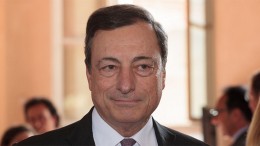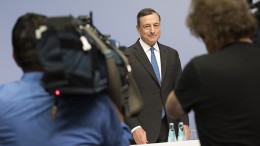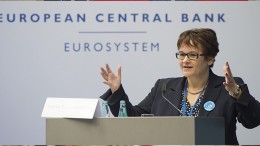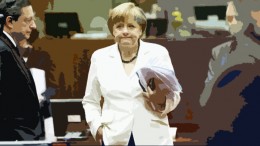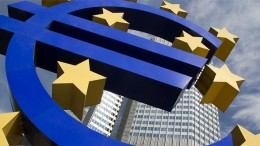Draghi Disappoints Markets With His “Mini” QE2
Expectations for Draghi’s second QE programme were running so high that, in the end, he disappointed the markets. Investors had bet on more aggressive stimuli, so the European stock exchanges tumbled over 3% at the close (having been in positive territory mid-morning). The euro jumped to over 1,09 dollars (its biggest rise since March) and European debt registered its largest increase so far this year.

